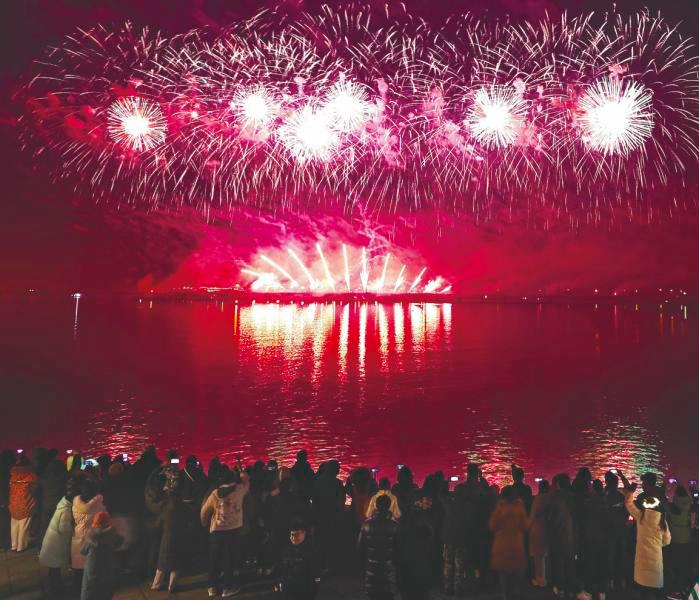WE read with great concern the announcement by the Local Government Development Minister Nga Kor Ming that the Cabinet has agreed to legalise and regulate fireworks and firecrackers in the country. The reasons provided for the move are to “halt the smuggling of these items” and “to gain from the duties on these items”.
Fireworks have been banned since 1955 and are classified in the same category as dynamite. The Cabinet must realise why fireworks and firecrackers were banned in the first place.
Fireworks and firecrackers can be dangerous, occasionally fatal, often resulting in permanent injury. Children are especially vulnerable since they are unaware of the dangers. Common injuries include burns, cuts, loss of fingers and eye damage.
As doctors (pediatricians, surgeons and public health specialists) who have worked with the damaging effects of fireworks, we have experienced personally the numerous children who have lost their fingers and eyesight, resulting in life long disability.
For every child or adult who is injured, there are many traumatised family members. Those who are older will remember how our media carried numerous images of children injured by fireworks during every festival.
There is extensive research to support this in many countries where fireworks are still not banned. In the US, injuries from fireworks have been increasing over time. Local research has shown that when we do not have a ban on fireworks, the easy access to them will lead to explosive homemade devices that are even more devastating.
We need to recognise that fireworks have other deleterious effects. Fireworks contribute to air and noise pollution, and are stressful for pets and wildlife. Young parents are up in arms against otherwise friendly neighbours who blast firecrackers causing untold fear and distress to their children, not to mention the increased fire risk to houses and buildings.
It is not logical to use the inability to prevent an item from being smuggled as a good excuse to remove a ban. What we require is better enforcement.
A civilised society, aka Madani culture which Prime Minister Datuk Seri Anwar Ibrahim made as a clarion call by his new administration, would maintain such a ban. Note that Hong Kong has banned fireworks since the 1960s and Singapore since 1972.
Instead of removing it, the government should instruct the relevant government agencies to better enforce the fireworks ban as well as promote education about its dangers. Parents should be encouraged to educate their children about the dangers of fireworks. The media has an important role in highlighting the dangers fireworks and firecrackers pose to children.
Fireworks-related injuries are preventable, and we appeal to the government to maintain the ban. The solution to illegal and dangerous activities is enforcement, not legalisation. And no amount of taxes and duties collected will be enough to protect the health and safety of our children.
If the Cabinet legalises fireworks and firecrackers in the country, then: Every child or person that loses eyes or fingers; every child or person that becomes permanently disabled; every child or person whose future is impaired, will be the government’s doing.
Malaysian Paediatric Association:
Prof Dr Krishnan Rajam
Datuk Dr Amar-Singh HSS
Dr Selva Kumar Sivapunniam (President)
Datuk Dr Musa Mohd Nordin (Treasurer)
Asia Pacific Pediatric Associations:
Datuk Dr Zulkifli Ismail (Secretary-General)
Malaysian Society of Surgery of the Hand:
Dr Mohd Iskandar Mohd Amin (President)
Malaysian Society of Ophthalmology:
Dr Manoharan Shunmugam (President)
Malaysian Health Coalition:
Dr Khor Swee Kheng
Malaysian Medical Association
Dr Muruga Raj Rajathurai (President)










